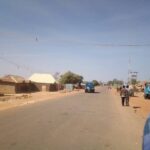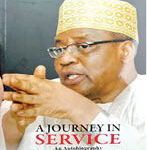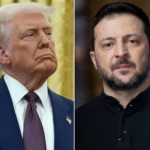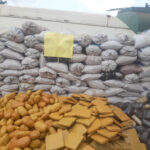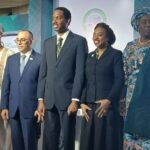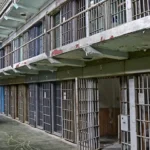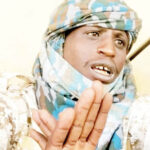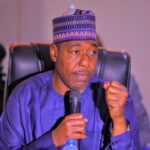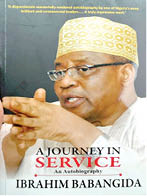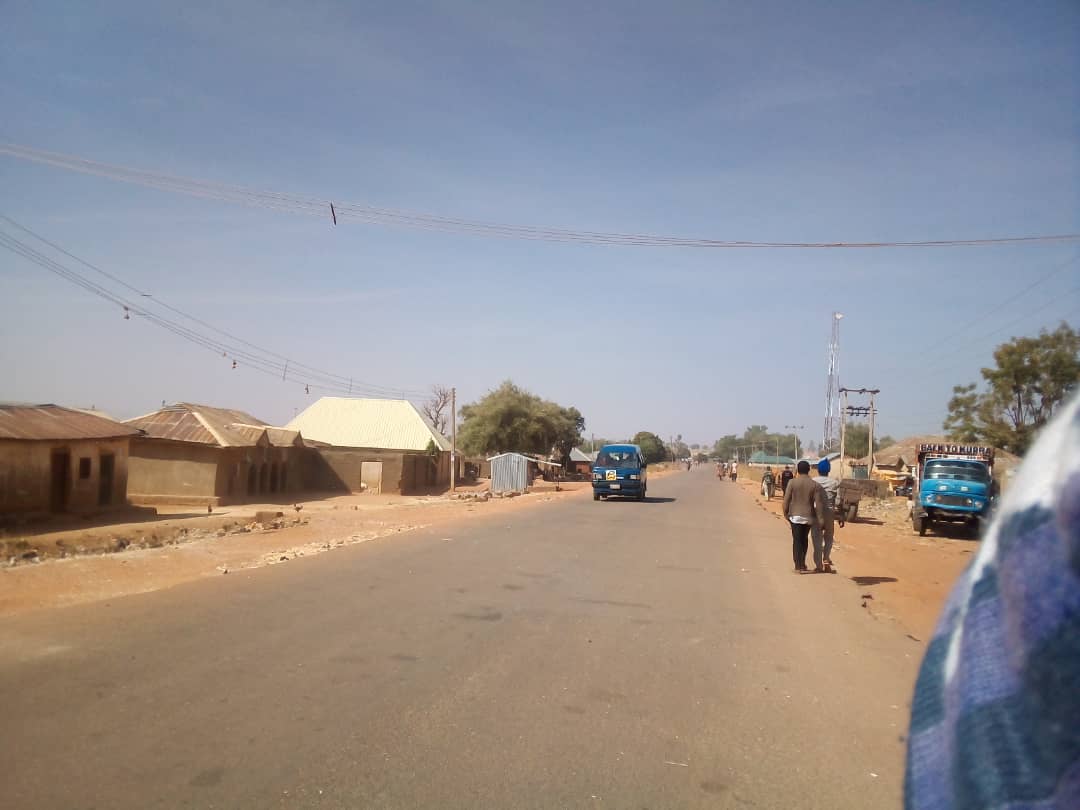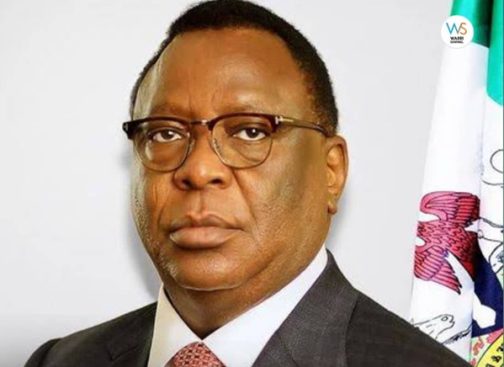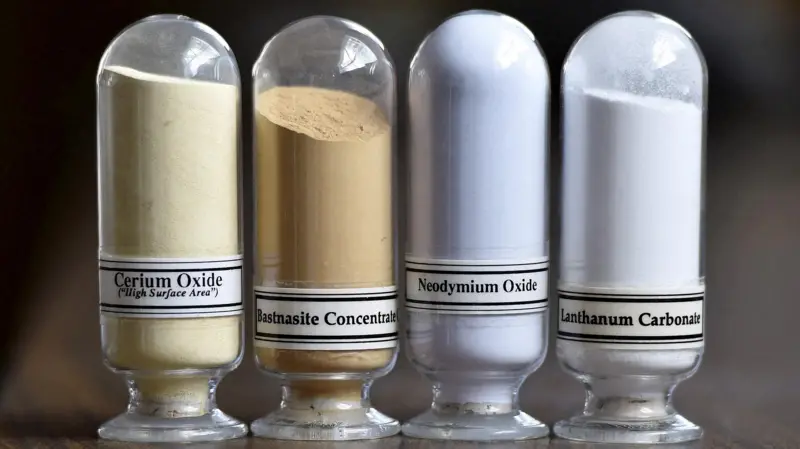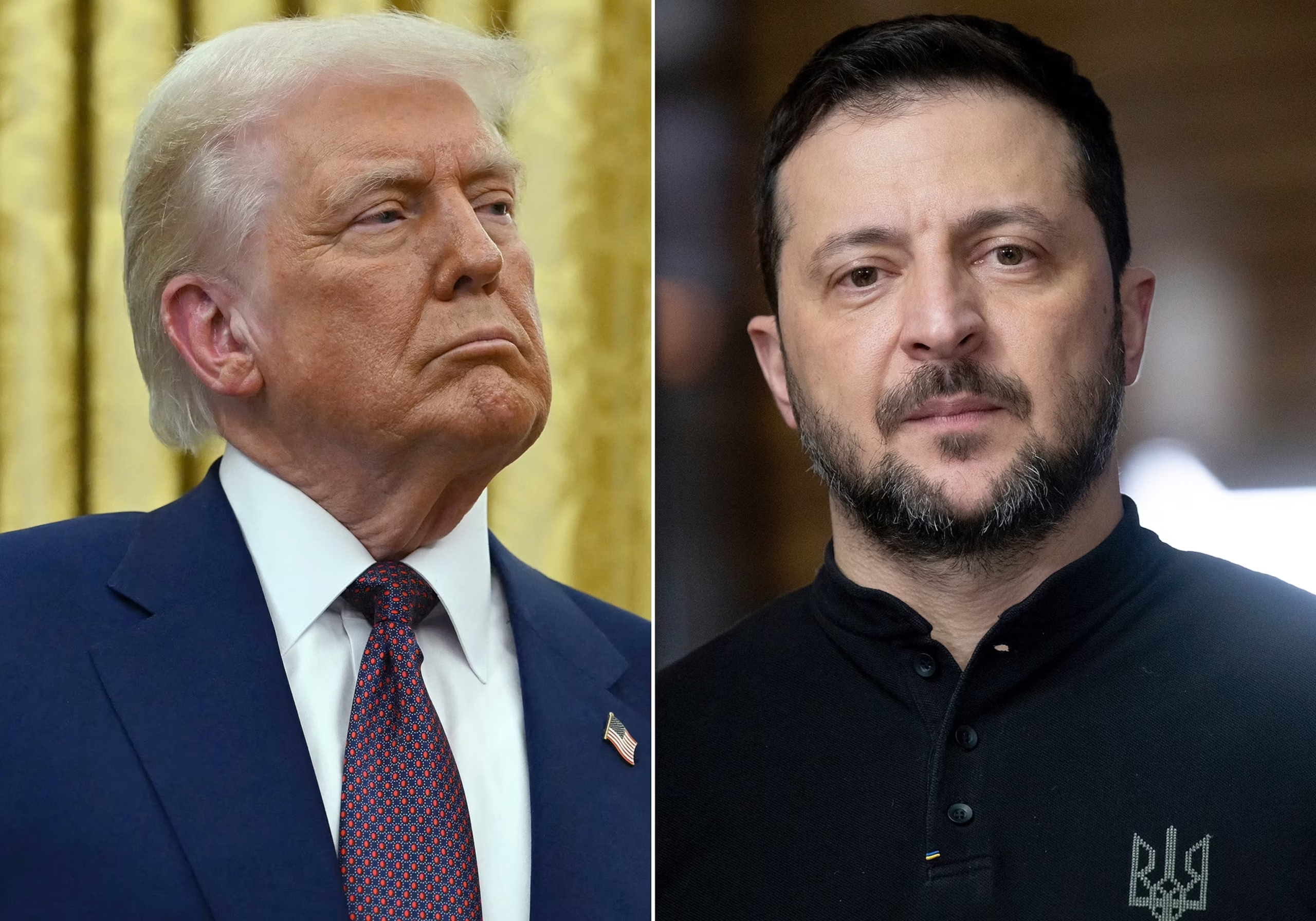Former military president, General Ibrahim Badamasi Babangida (IBB), has spoken out on the longstanding controversy surrounding the assassination of journalist Dele Giwa. In his newly launched autobiography, A Journey in Service, Babangida describes the murder as part of a series of “booby traps and acts of destabilization” aimed at undermining his military regime.
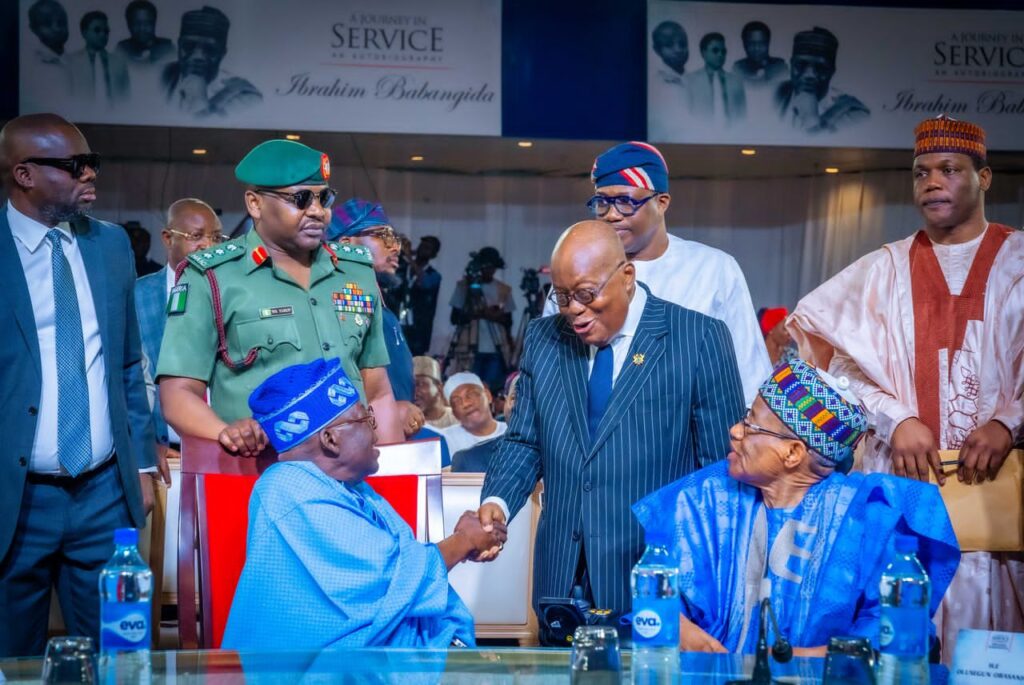
The Assassination of Dele Giwa
Dele Giwa, the Editor-in-Chief and co-founder of Newswatch magazine, was assassinated by a parcel bomb delivered to his Lagos residence on October 19, 1986. The killing remains one of the most infamous unsolved murders in Nigerian history, with many suspecting the Babangida regime’s involvement.
In Chapter 10 of his 420-page memoir, Babangida refutes these allegations, arguing that it was illogical to believe that the government would assassinate a journalist using a parcel bomb that allegedly bore official markings. He contends that such an act would have been a reckless self-incrimination.
“I Felt a Personal Loss”
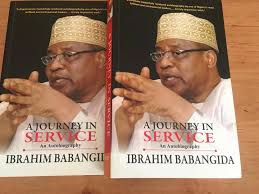
Babangida expresses deep sorrow over Giwa’s murder, describing him as a friend and a journalist whose insights he valued. He recounts how Giwa was having breakfast with Newswatch’s London Bureau Chief, Kayode Soyinka, when the parcel bomb exploded, killing him instantly.
He believes the killing was orchestrated by forces seeking to destabilize his administration. He links the incident to other crises during his tenure, including the Vatsa coup attempt, the Gideon Orkar coup, the Organization of Islamic Conference (OIC) controversy, the Structural Adjustment Program (SAP) riots, and the C-130 military plane crash.
Denial of Involvement
IBB categorically denies that his administration had any role in Giwa’s assassination, calling such claims “cheap and foolish.” He questions why a government-sponsored assassination would leave clear evidence pointing back to itself.
“The insinuation that the parcel may have come from the headquarters of the administration was cheap and foolish. Why would an officially planned high-level assassination carry an apparent forwarding address of the killer?” he writes.
He asserts that he relied on law enforcement agencies to conduct a thorough investigation and directed the Inspector-General of Police to assign a top investigative team to the case.
Why the Murder Was Never Solved
Babangida blames the media and certain political figures for distorting the investigation, arguing that Newswatch magazine’s legal approach, led by their lawyer Chief Gani Fawehinmi, turned the case into a media spectacle rather than a criminal investigation.
He claims that by solely focusing on his administration as the prime suspect, other potential leads were ignored.
“The legal drama and political grandstanding combined to muddle the work of the police and intelligence investigators,” he writes.
He also criticizes the adversarial stance of the Nigerian media, claiming that the government was always judged guilty before evidence was presented. Even when President Olusegun Obasanjo reopened the case through the Oputa Panel on Human Rights, no new evidence emerged.
“The Giwa case, like all mysterious murders, has remained unsolved after so many years. I keep hoping the truth will be uncovered in our lifetime or after us,” he concludes.
The Vatsa Coup: “He Was Always Envious of Me”
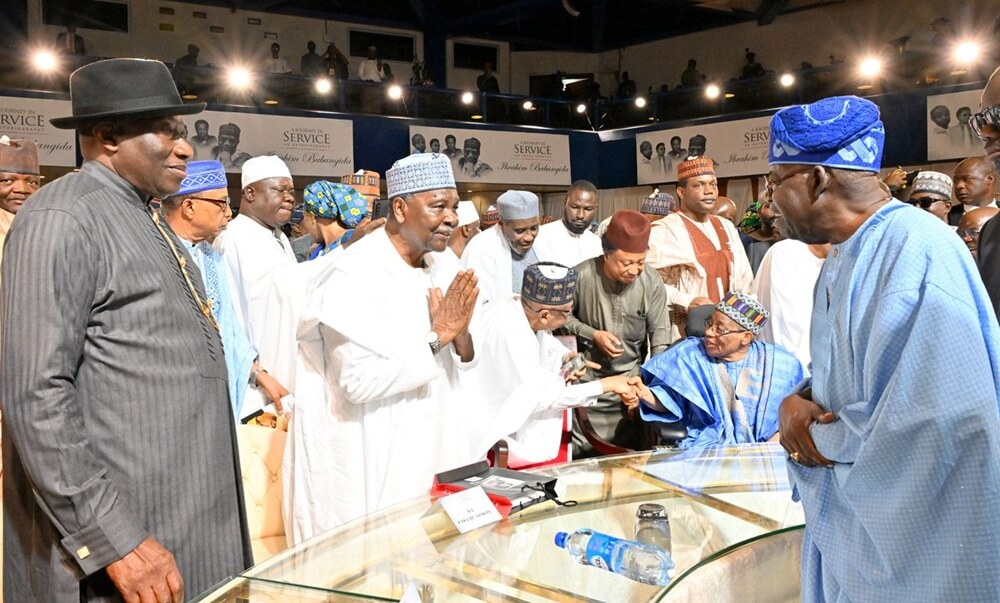
Babangida also revisits the 1985 coup attempt led by General Mamman Jiya Vatsa, his childhood friend and colleague. He describes the event as one of the most destabilizing moments of his administration.
Initially dismissing reports of a coup plot as rumours, Babangida says he later received concrete evidence that Vatsa had been funding officers for the coup attempt. He recounts how Vatsa paid Lt-Col Musa Bitiyong ₦50,000 to support the plot, with plans to bomb Eko Bridge and hijack the presidential jet.
Despite their long-standing friendship, Babangida claims that Vatsa harboured envy toward him from their school days through their military careers.
“With the benefit of hindsight, I recall that a constant part of our relationship was a continuous and recurrent peer jealousy on his part towards me. He was always envious of my achievements,” Babangida writes.
The 1992 C-130 Air Crash: Addressing Conspiracy Theories
Babangida also addresses the tragic 1992 C-130 military plane crash that killed 159 officers, including nine foreigners. The aircraft crashed into a swamp near Lagos just three minutes after take-off.
Rumours circulated that the crash was an orchestrated attempt by the regime to eliminate potential coup plotters. Babangida dismisses these claims as “wicked and baseless.”
He insists that an independent investigation found the crash was due to technical faults and poor aircraft maintenance, not sabotage. He laments those political opponents weaponized the tragedy against his administration.
Conclusion
In A Journey in Service, Babangida presents his perspective on key events that shaped his administration. While he maintains his innocence in Dele Giwa’s murder and other controversies, the debate over his role in Nigeria’s political history continues to be fiercely contested. As Nigeria reflects on these historical events, the question remains: Will the full truth behind Dele Giwa’s murder and other unresolved cases ever be uncovered?


